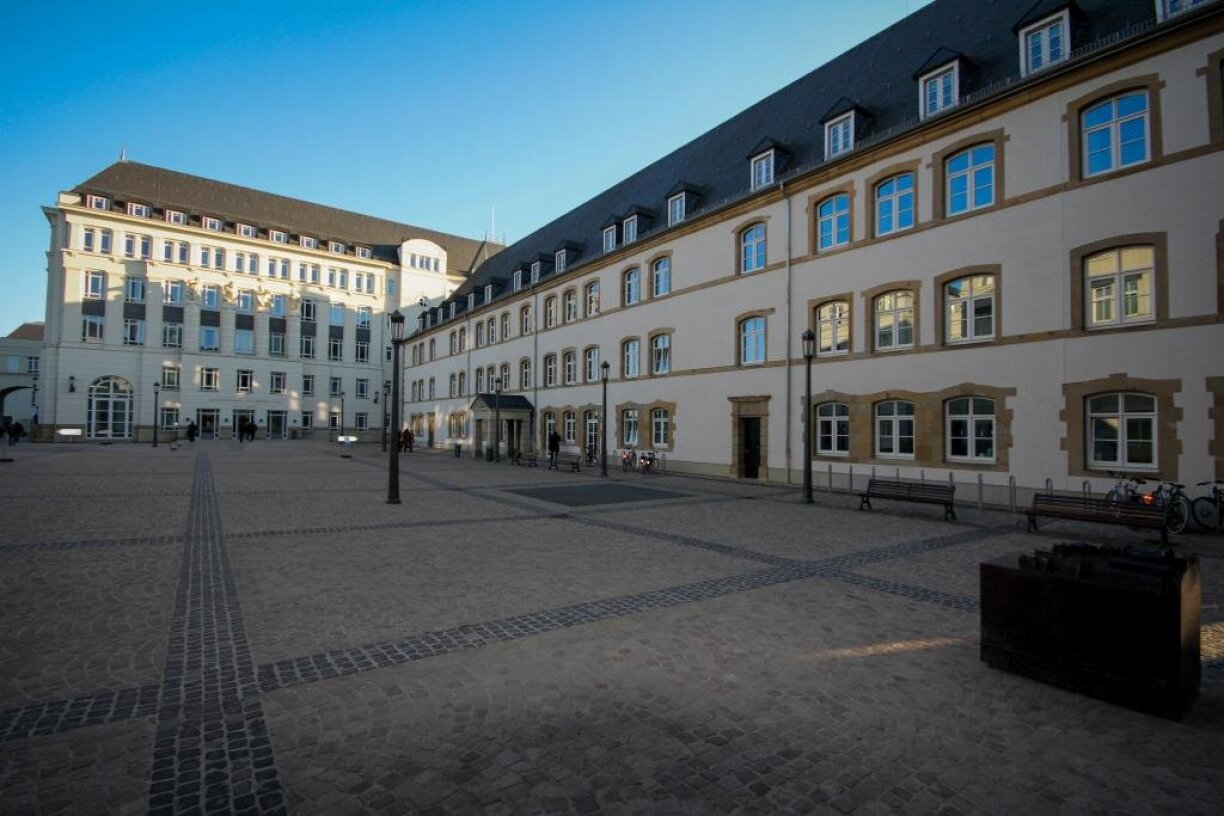
This new trial concerns five former gendarmes and two former members of the public security service, who stand accused of having misled the court during Luxembourg’s original bombing trial more than a decade ago. Although the public has seen little movement in the case over the last 11 years, the results of follow-up investigations are now being scrutinised in court.
The Bommeleeër affair has haunted Luxembourg for over 40 years. Between 1984 and 1986, 21 bomb attacks were carried out across the country. By sheer luck, no one was killed, but the fear they instilled was real.
The mystery remains: Who stole the dynamite in early 1984? Who blew up a high-voltage pylon in Beidweiler on 1 June? Who was behind the later explosions near a weekend cabin in Bourscheid, a gas line in Hollerich, the swimming pool on Kirchberg, and even the navigation system at Findel airport? Most crucially: who were the attackers, and why did they terrorise Luxembourg?
To this day, those questions remain unanswered. Multiple theories have circulated. Some speculated that the Grand Ducal family was involved, others pointed to “Stay Behind”, a covert NATO-aligned paramilitary network designed to resist Soviet invasion.
Investigators eventually centred on a domestic theory: that certain members of Luxembourg’s underfunded gendarmerie may have orchestrated the bombings to pressure politicians into reform. The professional execution of the attacks, requiring specialist knowledge, lent credibility to this idea.
Two members of the elite mobile brigade of the gendarmerie, Marc Scheer and Jos Wilmes, emerged as primary suspects after more than two decades of investigations. Aged 70 and 68 respectively today, they were the only two defendants in the main trial that began in early 2013 and ran for 177 days before being halted in summer 2014.
At the time, Prosecutor Georges Oswald noted that many new elements had come to light during the hearings, particularly statements that were implausible, previously undocumented, or made outside sworn testimony. According to him, this created ideal conditions for false testimony to occur. He explained that the trial revealed far more clearly the roles some individuals had played, roles that contradicted their professional responsibilities.
During the hearings, several witnesses contradicted themselves and became subjects of suspicion. Among them were superiors of the original accused men: gendarmes Aloyse Harpes, Pierre Reuland, Armand Schockweiler, Guy Stebens, and Charles Bourg, as well as Marcel Weydert of the Mobile Brigade.
In a 2018 interview, former RTL journalist Nico Graf summarised the investigation’s direction. The key task, he said, was determining whether the six men had been accomplices or simply had knowledge they chose not to share. Prosecutors needed to comb through all available material to assess what was said, implied, or deliberately left out, he explained.
Although the investigation was completed in 2019, the trial only now moves forward. One of the accused, Charles Bourg, passed away last summer, as did public security investigator Lucien Linden. The remaining defendants include four former high-ranking gendarmes, now aged between 65 and 97, and one former mobile brigade member.
Two additional former public security investigators, Paul Haan and Guillaume Büchler, are suspected of lying about Ben Geiben, founder of the mobile brigade, who was once considered a primary suspect in the original bombing case, but who was formally cleared of all suspicion last year.
These seven individuals now face trial not as suspects in the bombings themselves, but for their contradictory and potentially misleading statements during the original proceedings, which may have obstructed the truth. Sixteen trial days are scheduled. A verdict is expected thereafter, though further legal appeals may follow.
Until the outcome of this new trial is known, the original Bommeleeër trial remains on hold.
On Monday at 3pm, the first hearing in the trial against the seven defendants will take place.